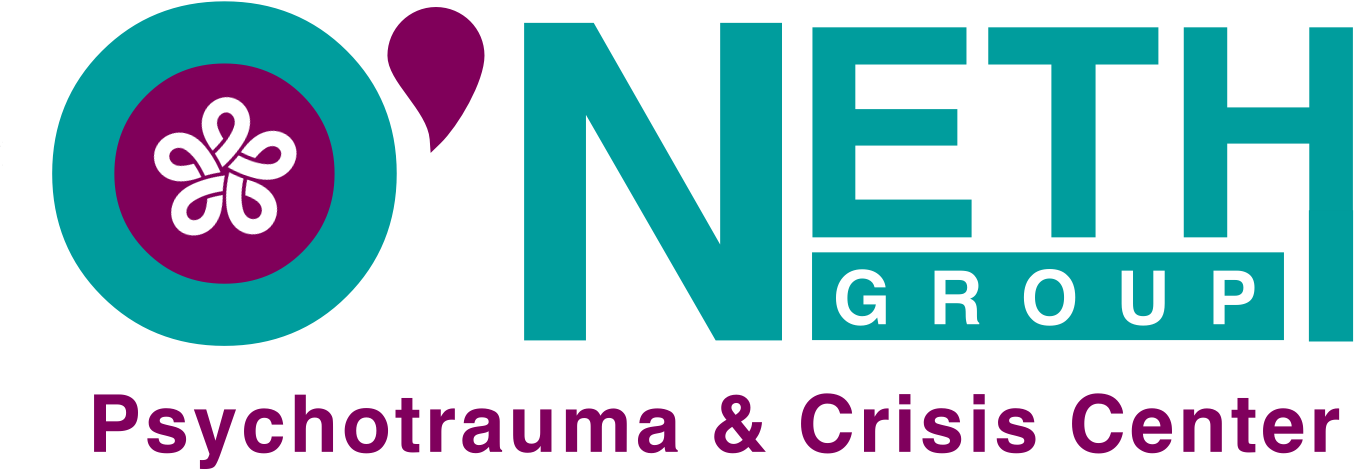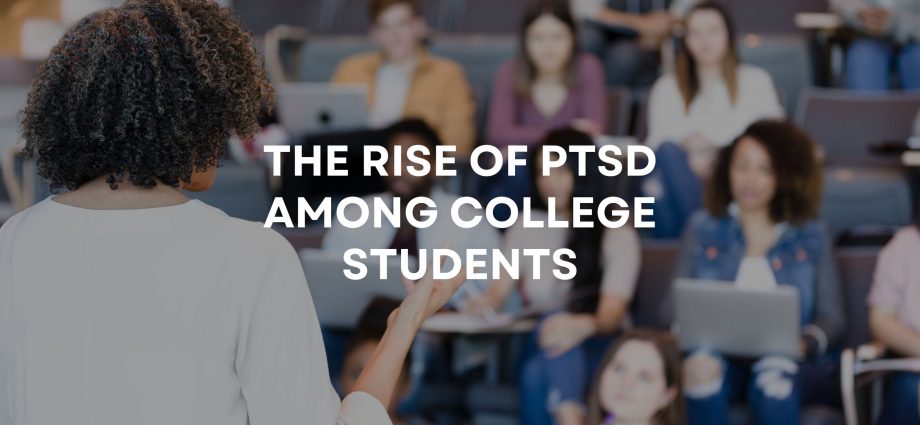The image of college life is often painted with vibrant strokes of newfound independence, academic exploration, and social discovery. However, beneath this veneer of youthful exuberance, a concerning trend is emerging: a significant rise in post-traumatic stress disorder (PTSD) diagnoses among college students. This surge, more than doubling between 2017 and 2022, underscores the growing mental health challenges faced by young adults navigating the pressures of higher education. Understanding the complex factors contributing to this increase is crucial for developing effective support systems and interventions to help students thrive.
A Stark Reality: The Rising Prevalence of PTSD
Recent studies paint a sobering picture of the prevalence of PTSD within the college population. Research analyzing data from the Healthy Minds Study, encompassing over 392,000 students across 332 U.S. colleges, revealed a dramatic increase in PTSD diagnoses, jumping from 3.4% in 2017 to a disturbing 7.5% in 2022, according to findings published in the JAMA Network. This alarming statistic raises critical questions. What are the primary drivers behind this surge? How do the unique pressures of academic life, coupled with the complexities of social dynamics, contribute to students’ mental health?
Consider the hypothetical case of Sarah, a bright and enthusiastic student who experienced a devastating natural disaster during her freshman year. The trauma of the event, coupled with the challenges of returning to campus and trying to maintain her academic standing, triggered PTSD. Sarah’s experience illustrates the profound impact external traumatic events can have on a student’s academic journey and overall well-being.
Unraveling the Contributing Factors
The rise in PTSD diagnoses isn’t occurring in a vacuum. Multiple intersecting elements have exacerbated stress levels among college students, creating a perfect storm for mental health challenges. The JAMA Network and Inside Higher Ed have pointed to several key contributing factors. The sharpest rise in PTSD cases coincided with the COVID-19 lockdowns in 2020, strongly suggesting a link between the pandemic and the escalating mental health crisis. The sudden shift to remote learning, coupled with social isolation and the pervasive fear of the virus, created a breeding ground for anxiety and trauma. Beyond the pandemic, incidents of campus violence, including shootings and sexual assaults, have been identified as significant traumatic events capable of triggering PTSD. The constant media coverage of these events, even for students not directly involved, can contribute to a heightened sense of anxiety and vulnerability.
Imagine the experience of a student who witnessed a campus shooting. The immediate shock and fear can be overwhelming, but the long-term effects can be equally devastating. Recurring nightmares, flashbacks, and a constant feeling of unease can disrupt every aspect of their life. This hypothetical case underscores the urgent need for immediate counseling and long-term support for students who experience such trauma.
The Far-Reaching Implications of Rising PTSD Rates
The increasing prevalence of PTSD among college students has far-reaching implications, impacting academic performance, social interactions, and overall well-being. As the JAMA Network reports, PTSD can manifest in persistent symptoms such as intrusive thoughts, avoidance behaviors, and hyperarousal, all of which can severely impair academic and social functioning. Untreated PTSD can also lead to long-term health issues and decreased productivity, affecting a student’s prospects.
Consider the case of David, whose undiagnosed and untreated PTSD led to academic probation. His struggles with concentration, sleep disturbances, and overwhelming anxiety made it nearly impossible for him to succeed in his studies. David’s experience highlights the critical importance of early intervention and accessible support services for students struggling with PTSD.
Charting a Path Forward: Strategies for Addressing PTSD
Addressing the growing mental health crisis on college campuses requires a multi-pronged approach. Implementing comprehensive mental health programs and fostering an environment of awareness and support are essential first steps. Colleges can adopt trauma-informed care approaches, which recognize the prevalence of trauma and prioritize creating a safe and supportive environment. Providing accessible and affordable counseling services is paramount. Regular mental health screenings can help identify students at risk and connect them with appropriate resources. Educating faculty, staff, and students about PTSD can help reduce stigma and encourage those affected to seek help. Integrating mental health education into college curricula can also equip students with the knowledge and tools they need to recognize and address mental health challenges. Strengthening peer support networks can provide students with a sense of community and understanding, creating a safe space for them to share their experiences and support one another.
One promising example is a university that successfully reduced PTSD rates through a proactive mental health initiative. This initiative included comprehensive mental health education programs, increased access to counseling services, and the creation of a robust peer support network. The results of this initiative, including a decrease in reported PTSD symptoms and improved student well-being, demonstrate the effectiveness of proactive and comprehensive mental health support.
The rise of PTSD among college students is a complex issue with no easy solutions. However, by understanding the contributing factors, recognizing the implications, and implementing effective strategies, colleges can create a more supportive and inclusive environment for all students. Addressing this silent struggle is not just about helping students survive college; it’s about empowering them to thrive and reach their full potential.

